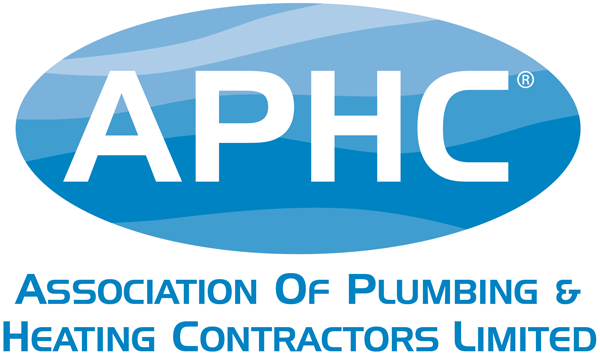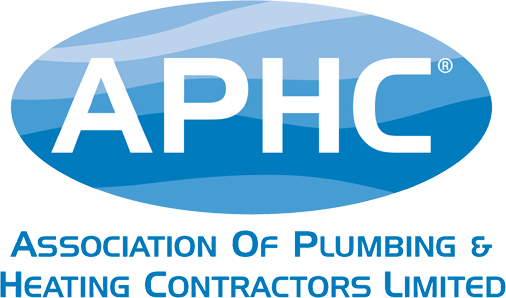
Ahead of Back Care Awareness Week, which runs from 4th 8th October 2021 Alex Minett, Head of Products Markets at CHAS looks at the steps companies, and individuals can take to prevent back injury in the workplace.
In 2019-20 the Labour Force Survey found that 8.9 million working days were lost due to work related musculoskeletal disorders, with 480,00 0 workers suffering from injuries, of which 37% were linked to the back. It’s therefore vital for companies to look at how to prevent the risk of back injury in their workplaces.
How can back problems occur?
Generally, back issues will develop over time and become a chronic or episodic problem causing mild to severe pain. Often they will be a recurring issue and occasionally follow a workplace accident. According to the HSE tasks that can cause back pain or make existing issues worse range from lifting heavy or bulky loads to pushing, pulling and carrying them awkwardly, among many other contributing factors.
While rarely life threatening, back problems can cause life limiting problems and chronic pain for sufferers.
Legal obligations and managing the risk
The Health and Safety at Work etc. Act 1974 stipulates employers have a duty to protect workers from harm by providing adequate training in health and safety as well as information, instruction and supervision. Employers must also maintain a secure working environment where tasks can be undertaken safely. The Manual Handling Operations Regulations 1992 relate specifically to work that involves the moving of items either by lifting, lowering, carrying, pushing or pulling any of which could present a potential risk of injury. It’s easier to prevent back injuries than cure them, and the steps an employer must take under the regulations begin with looking at whether the need for manual handling can be avoided altogether. Where this is not possible employers then have a duty to make a suitable assessment of the risk of injury from any manual handling operations that cannot be avoided while looking to reduce the risk of harm to as low as is reasonably practical, perhaps by using machinery or other equipment to carry out the task. Risk assessments and safety procedures should be reviewed regularly.
Training is a crucial aspect of managing any health and safety risk and should include techniques on moving and handling heavy loads and equipment either through demonstrations or videos. Employee input when it comes to managing the risk of back injury is also valuable. Often back pain occurs following a previous episode, so employees are best placed to provide information on their back health histories as well as their capabilities and they should always be encouraged to report problems early so the proper treatment can be sought. People are far more likely to recover from back pain when recognised early and treated appropriately. It might be prudent to consult an occupational health professional for advice on back pain. Larger companies may have in-house occupational health departments; however there are plentiful external contractors who provide occupational health services.
Back pain and mental health
Unrelenting back pain can lead to poor sleeping and eating habits, interrupt physical activity and all of the other activities that contribute to positive emotional wellbeing. Stress from suffering with pain can often exacerbate the physical symptoms, and so it becomes a vicious circle. GP’s will often suggest psychological therapy for depression in addition to other treatments for back pain.
Conclusion
Back pain is an extremely common condition. Although it usually improves within weeks, the disruption to businesses and workforces can be significant, particularly when there is a high risk the problem can return. A robust and transparent health and safety ethos and good, caring relations between employer and employee will pay dividends in the successful management of work-related back pain problems.
As part of our partnership with APHC, members can receive an annual discount on CHAS accreditation.
All the information you need on your APHC membership benefits can be accessed via the members only area of the website.
If you’re not already a member of APHC, get in touch with the membership sales team on 0121 711 5030 for more information.





